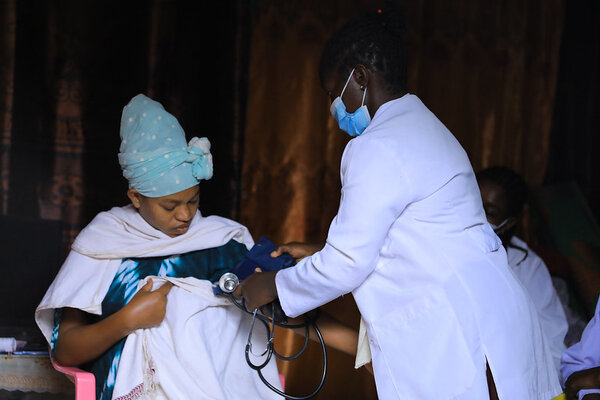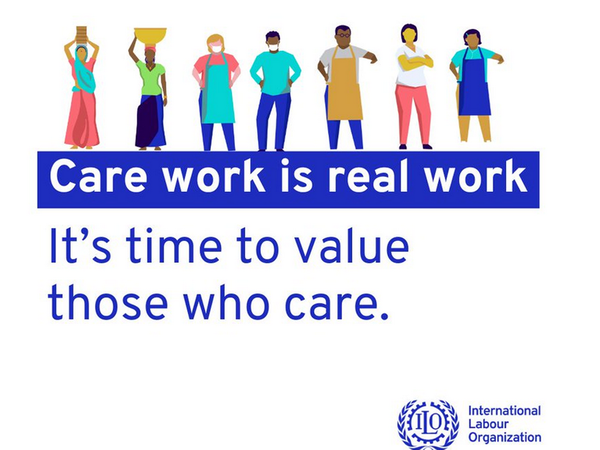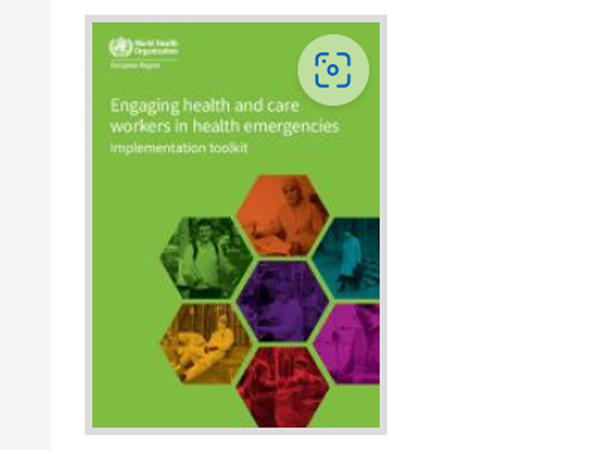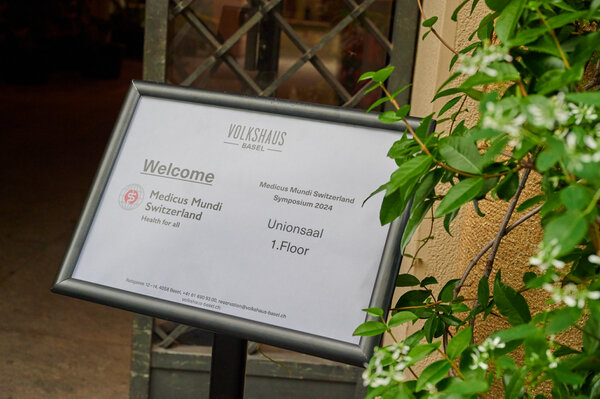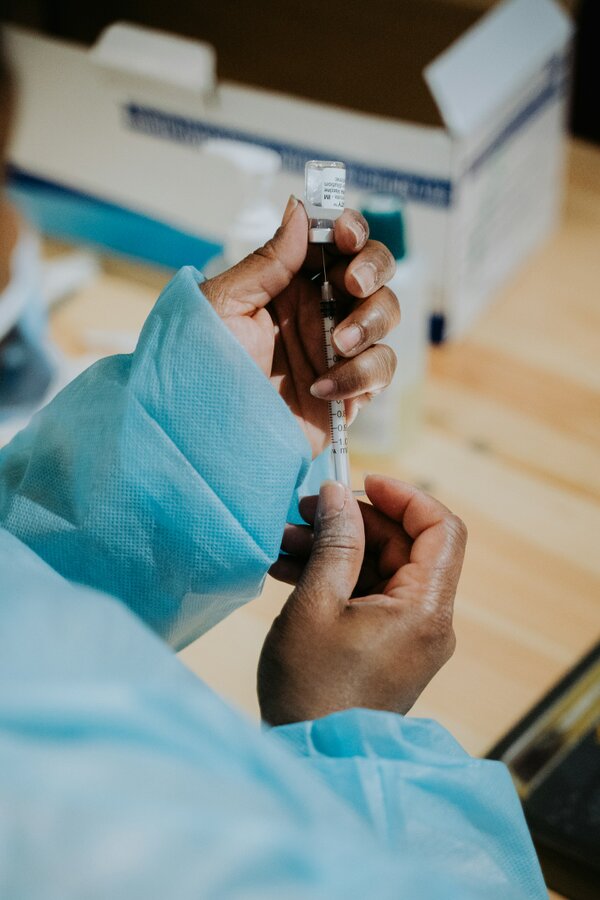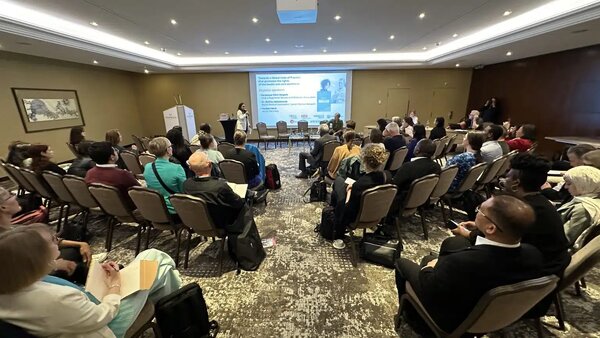14.06.2024 – Health Policy Watch (HPW)
Eschewing the ‘Arrive-Teach-Leave’ Approach, Seed Invests in Long-Term Healthworker Training in Africa
"Africa’s health worker shortage is projected to reach more than six million by 2030 – and the weaker the system, the more likely health workers are to leave as poor working conditions erode their morale.
The non-profit organisation, Seed Global Health works to address this shortage by investing in long-term training and support for health workers in four countries – Malawi, Sierra Leone, Uganda, and Zambia – via partnerships with health ministries.
For Seed, long-term means “for as long as our partners will have us”, says CEO Dr Vanessa Kerry, who is also the World Health Organization’s (WHO) Climate Envoy.
Seed launched its 2030 strategic plan last week, an ambitious programme that requires the organisation to raise at least $100 million."


